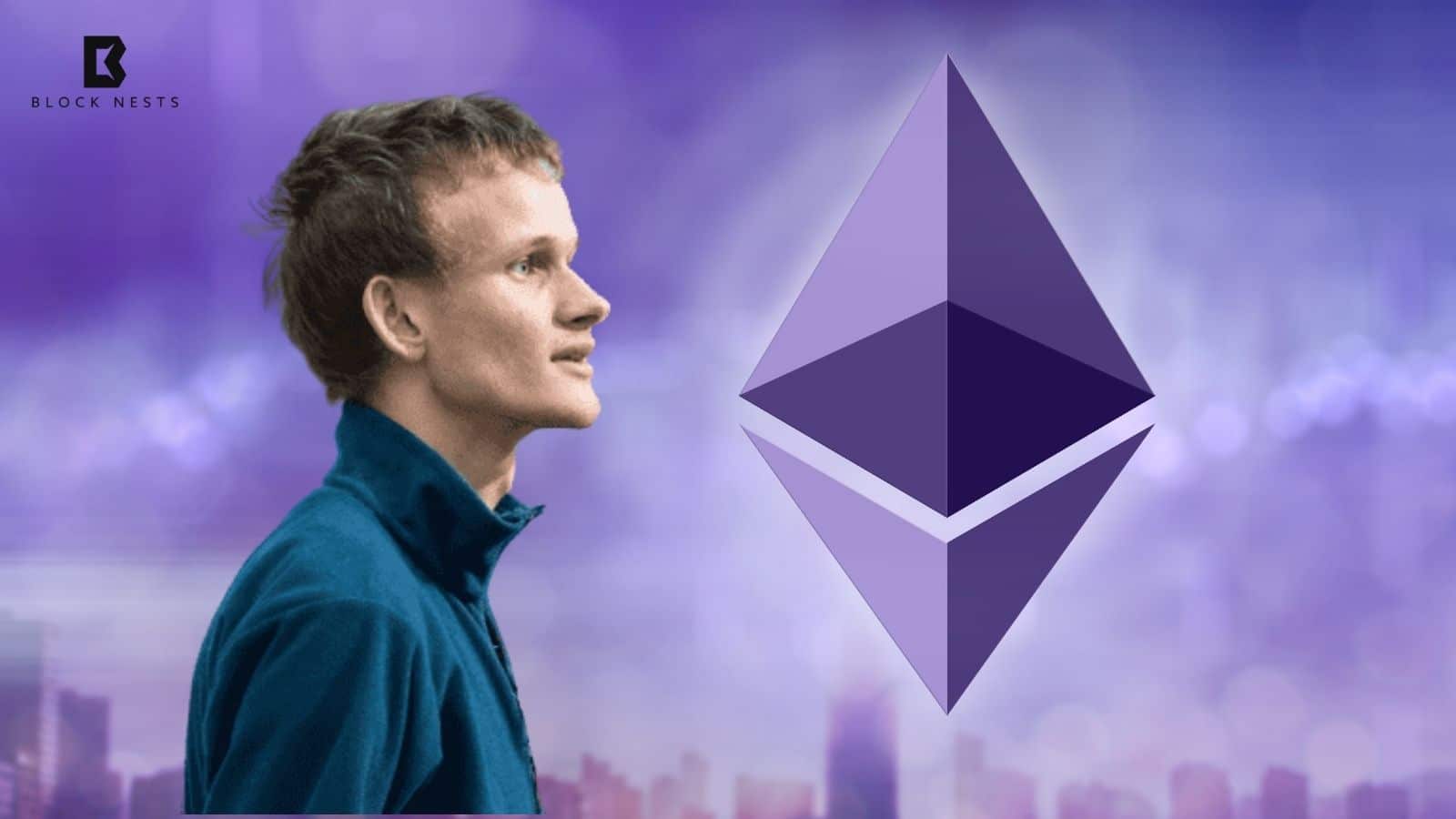- Pi Network lacks confirmed third-party audit for top exchange listing.
- Closed mainnet limits transparency needed by Coinbase and Binance.
- Formal listing applications may not yet be submitted by Pi.
A blockchain expert has outlined key issues delaying Pi Network’s appearance on Coinbase and Binance. According to Kim H Wong, three major concerns could explain why the popular token is still unlisted on both top-tier exchanges.
Wong pointed out that Pi Network’s code is not entirely open-source, making it difficult for independent developers and auditors to review it. Such a lack of transparency may decrease confidence between platforms exploiting open development environments to measure threats.
After gone through the requirements and compliances required for Coinbase and Binance in listing a crypto token, I suspect the following are the 3 reasons why Pi Network is not listed in these 2 exhchanges yet:
— Kim H Wong (@Time_and_Trade) July 14, 2025
1. Pi Network’s blockchain code is not fully open-sourced.
2. Pi… pic.twitter.com/h4c60nTfuA
Moreover, Pi Network has not conducted a third-party security audit. Big exchanges such as Coinbase and Binance favor fully audited projects. Listing becomes difficult without a verified audit.
Wong proposed another possibility: Pi Network had not actually sent an official listing request on either exchange. It is impossible to start listing without this step.
Lack of Transparency and Audit Confirmation Slows Down Listing
There are already centralized platforms where users can trade the Pi Network token. Nevertheless, Binance and Coinbase have listing procedures that require technical transparency and proven security codes.
Even though audits have been claimed, Pi Network has not published an official report that can be verified against a reputable security company. This raises questions about whether the platform is ready to list big-profile companies.
Open-source code is not required to audit the code, but it can simplify and increase the credibility of the process. Specifically, Coinbase is fond of projects with open infrastructure that can be reviewed and checked for compliance.
Due to its closed mainnet structure, auditing and verifying Pi Network’s security becomes significantly more difficult. The failure to open up to its system will cause delays in listing permission by exchanges.
Wong is hopeful that such concerns can be resolved over time, especially as Pi Network grows its ecosystem and user base.
Pi Network can at best remain unlikely to be listed on Coinbase and Binance until the code is made open and the independent security checks are verified. It is of the utmost importance that such basic requirements are met to join the best exchanges in the near future.
Also Read: Toncoin Faces Uncertainty After UAE Visa Denial, Battles Key Resistance
How would you rate your experience?






